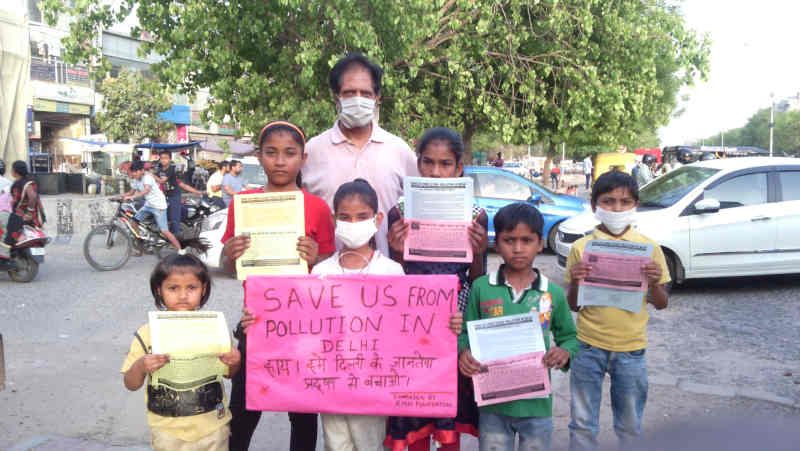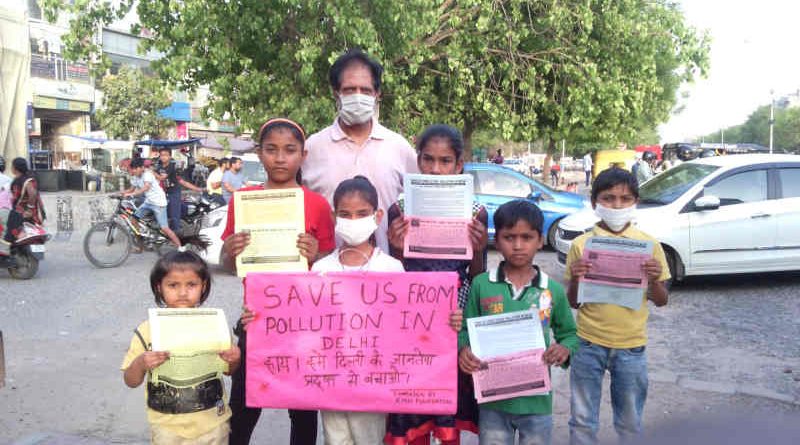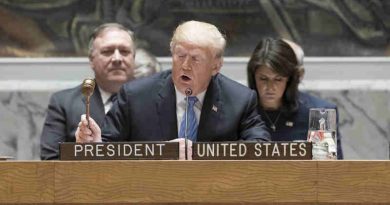India Launches #SelfiewithSapling Campaign for World Environment Day

India’s Environment Minister, Prakash Javadekar, launched a people’s campaign #SelfiewithSapling on Tuesday (June 4) urging people to plant a sapling and post the selfie with the sapling on social media. Javadekar stressed that ‘Jan Bhagidari’ (public contribution) is integral for tackling the environmental issues and environment protection has to be a people’s movement.
The Minister informed that on World Environment Day he along with renowned cricketer Kapil Dev and Bollywood actor Jackie Shroff will plant sapling in the premises of Paryavaran Bhawan in New Delhi.
[ Also Read: Lethal Pollution Killing People in Delhi ]
World Environment Day is the biggest annual event for positive environmental action and it takes place every year on June 5. It is the United Nations day for encouraging worldwide awareness and action to protect our environment. Since it began in 1974, the event has grown to become a global platform for public outreach that is widely celebrated in over 100 countries.
World Environment Day 2019 urges governments, industries, communities and individuals to come together to explore renewable energy, green technologies, and improve air quality in cities and regions across the world.
[ Also Read: Clean Climate Environment News Magazine ]
World Environment Day 2019 is hosted by China with the theme of “Air Pollution.” Air pollution is the biggest environmental health risk of our time. Airborne pollutants are responsible for about one third of deaths from stroke, chronic respiratory disease, and lung cancer, as well as one quarter of deaths from heart attack. Air pollution is also fundamentally altering our climate, with profound impacts on the health of the planet.
Some Air Pollution Facts
- 92 percent of people worldwide do not breathe clean air.
- Air pollution costs the global economy $5 trillion every year in welfare costs.
- Ground-level ozone pollution is expected to reduce staple crop yields by 26% by 2030.
India has formulated and launched the National Clean Air Programme (NCAP). This is a long-term national level strategy to tackle the increasing pollution problem across the country.
The objective of NCAP is to make a comprehensive plan for prevention, control, and abatement of air pollution besides augmenting the air quality monitoring network. The tentative national level target is the reduction of PM2.5 and PM10 concentration by 20% – 30% by 2024.
💛 Support Independent Journalism
If you find RMN News useful, please consider supporting us.




